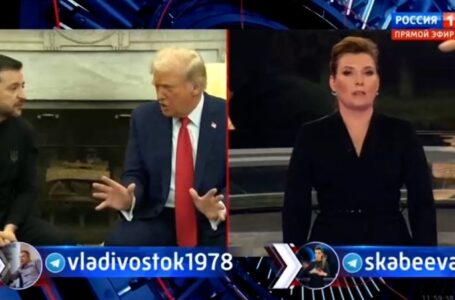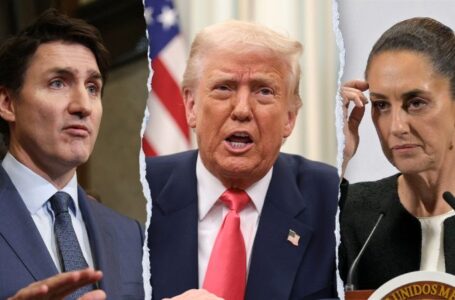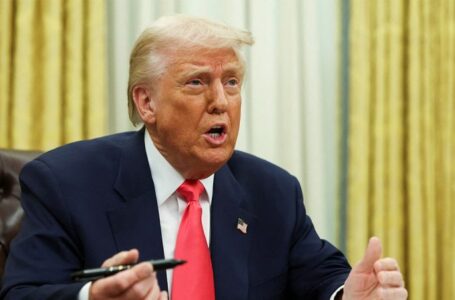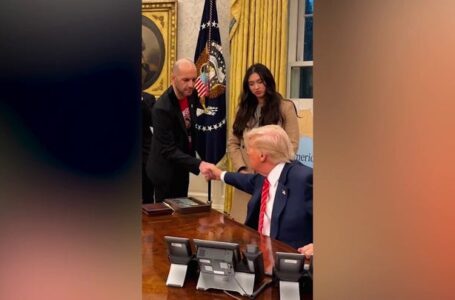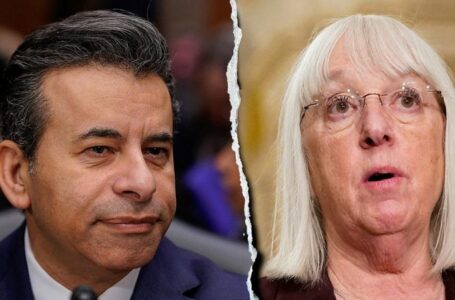Putin says planned US deployment of long-range missiles in Germany is ‘reminiscent’ of Cold War
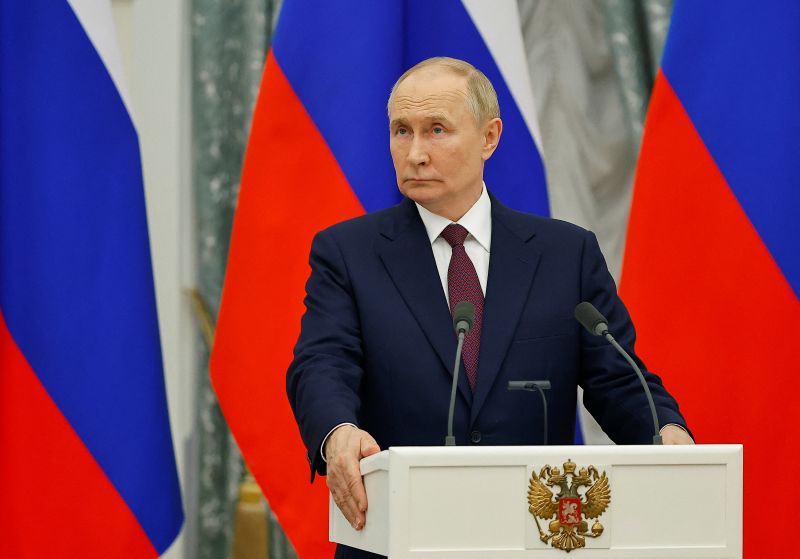

Russian President Vladimir Putin has said that the United States’ and Germany’s decision to deploy US long-range missiles in Germany from 2026 is “reminiscent of the events of the Cold War” and could see Russia station similar missiles in response.
“If the United States of America implements such plans, we will consider ourselves free from the unilateral moratorium on the deployment of medium and shorter-range strike weapons, including increasing the capabilities of the coastal forces of our Navy,” said Putin, speaking at Russia’s annual Navy Day in St. Petersburg.
Putin said that the US and Germany’s decision to begin “episodic deployments” of the long-range missile capabilities from its Multi-Domain Task Force in Germany starting in 2026 would put Russian infrastructure within the reach of the to-be-deployed missiles.
“This situation is reminiscent of the events of the Cold War related to the deployment of Pershing medium-range missiles in Europe,” he said.
Pershing II missiles, designed to deliver nuclear warheads, were deployed by the US Army at American bases in West Germany from 1983 to the alarm of the then Soviet leadership.
They were withdrawn with the introduction of the Intermediate-Range Nuclear Forces Treaty (INF) in 1988.
Putin added that the development of Russian medium and shorter-range strike weapons was “in the final stages,” and Russia would take “reciprocal measures to deploy them.”
The US and Germany in July issued a joint statement on the deployment of weapons systems in Germany, saying that “when fully developed, these conventional long-range fire units will include SM-6, Tomahawk, and developmental hypersonic weapons, which have significantly longer range than current land-based fires in Europe.”
Russia has repeatedly threatened to end its self-declared moratorium on fielding both “short range” and “intermediate range” land-based ballistic missiles, cruise missiles and missile launchers that could be used to carry either nuclear or conventional payloads.
Announcing the moratorium after the US withdrew from the INF in 2019, Russian deputy Foreign Minister Sergei Ryabkov said “Russia will refrain from deploying these systems when we acquire them unless the American equipment is deployed in certain regions.”
The treaty, which the US and Europe accused Moscow frequently violating, banned such missiles and was seen as a centerpiece of European security since the Cold War.
Russia soon followed the US in withdrawing from the treaty, sparking concerns of a new arms race.

